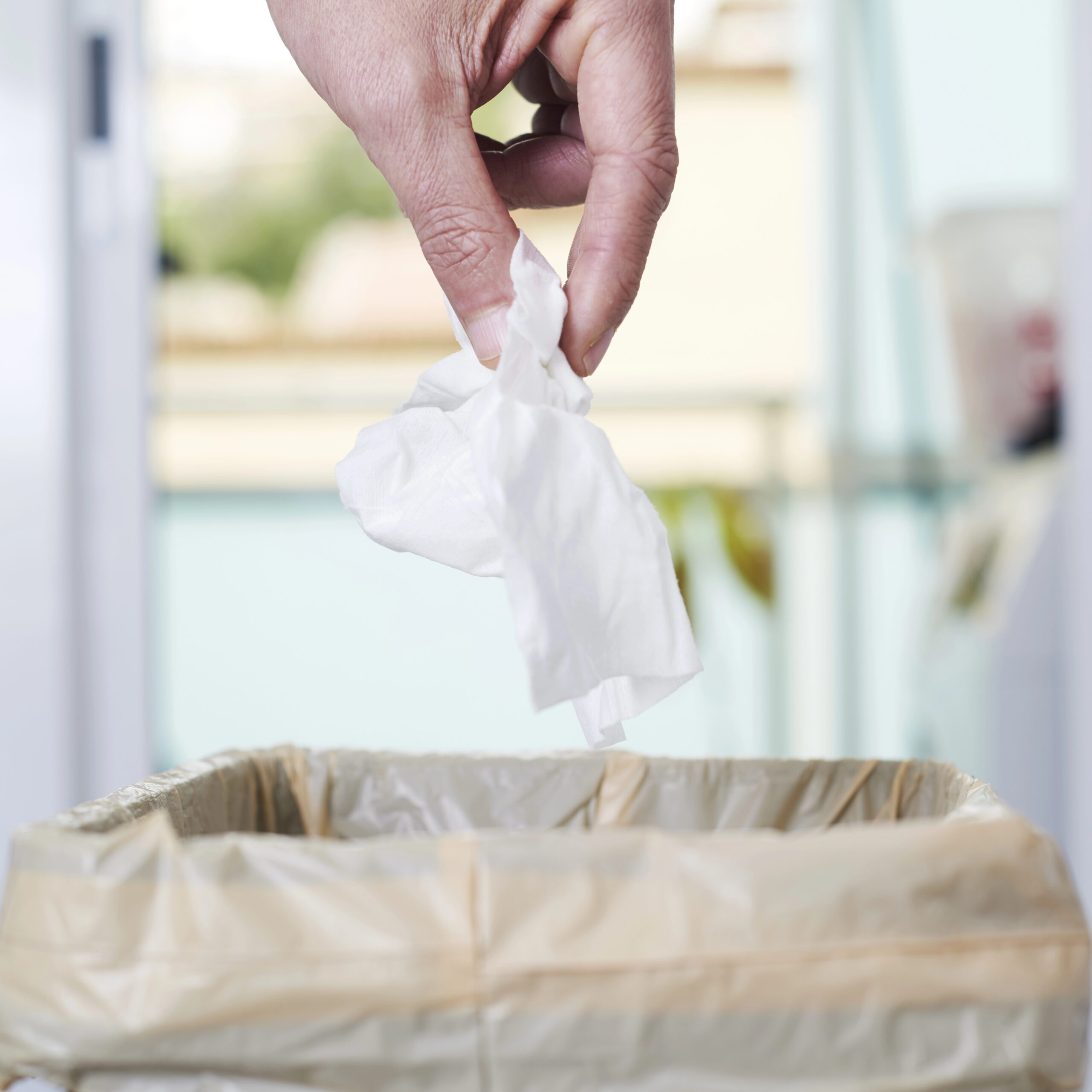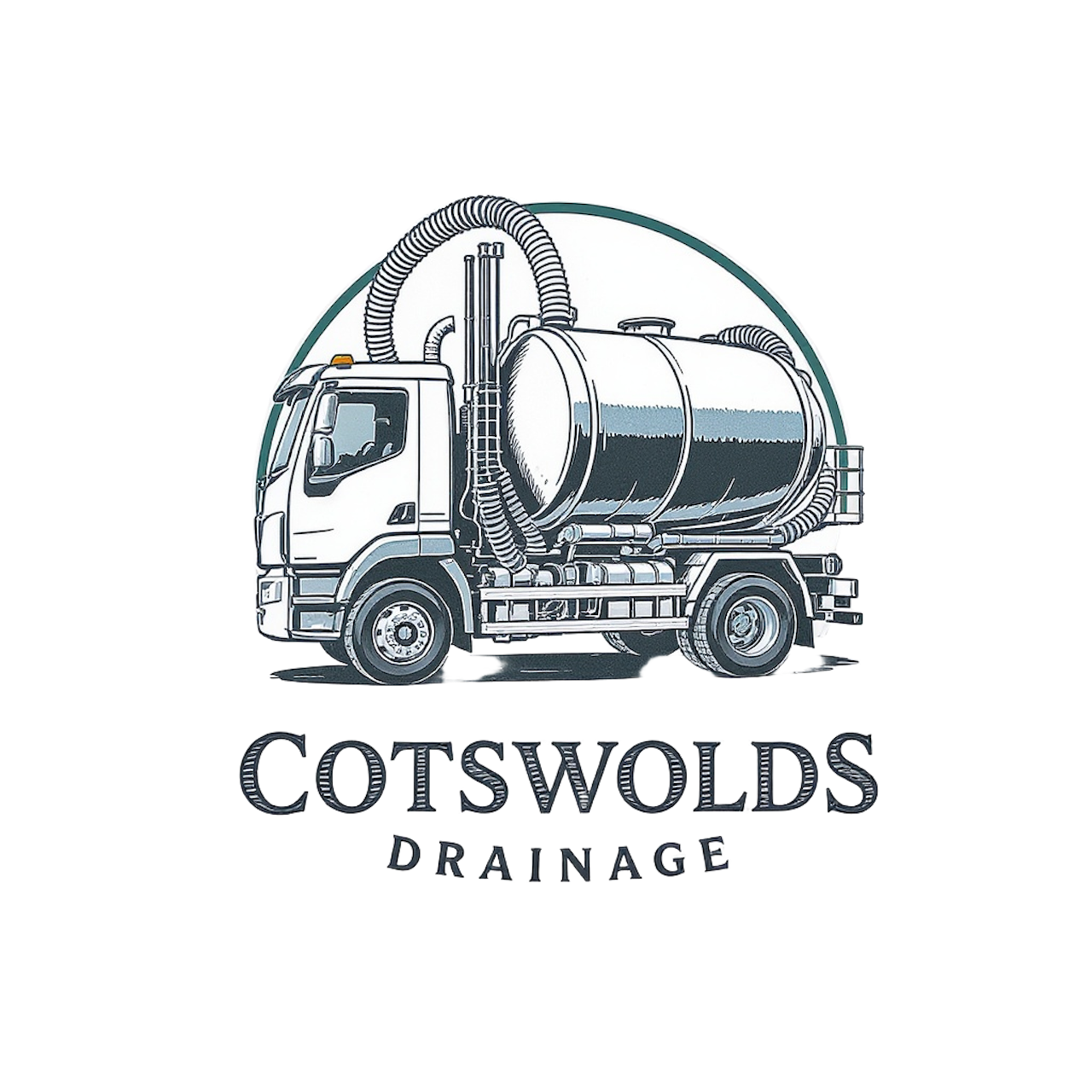
Cotswolds Drainage have been serving our customers for over 30 years
Why Us?
Quality Service
Family Run Company
Specialist Equipment
24 hour call outs
Why You Should Never Flush Wet Wipes: The Hidden Dangers to Your Drains and the Environment
Wet wipes have become a staple in many households for their convenience and versatility. From personal hygiene to cleaning surfaces, these disposable cloths seem like a handy solution to many everyday tasks. However, despite what some packaging might suggest, flushing wet wipes down the toilet is a serious mistake—one that comes with costly, unpleasant, and environmentally damaging consequences.
1. Wet Wipes Don’t Break Down Like Toilet Paper
Toilet paper is specifically designed to dissolve quickly in water, reducing the risk of clogging pipes and sewer systems. Wet wipes, on the other hand, are made from tough, synthetic fibers like polyester or polypropylene, which are engineered to stay intact when wet. This durability makes them ideal for wiping, but disastrous for plumbing.
When flushed, wet wipes don’t disintegrate—they accumulate. They snag on pipe imperfections, combine with fats, oils, and grease, and start forming blockages that can eventually clog household pipes and entire sewer systems.
2. Drain Blockages Lead to Expensive Repairs
Clogged drains aren’t just inconvenient—they can be extremely costly. When wet wipes cause a blockage in your home’s plumbing, you might face anything from slow-draining water to full sewage backups. The cost of clearing these blockages or repairing damaged pipes can run into hundreds or even thousands of pounds.
And it’s not just your house at risk. If the wipes travel further into the sewer system and cause blockages there, municipal water authorities may have to undertake expensive and time-consuming repairs, the cost of which is ultimately borne by taxpayers.
3. They Contribute to Fatbergs in Sewers
Wet wipes are a major contributor to a modern plumbing nightmare: the fatberg. These are massive, rock-like clumps of wet wipes, fats, oils, and other non-flushable materials that congeal in sewer systems. In cities like London and Birmingham, fatbergs have grown to weigh several tons, requiring heavy machinery and weeks of labor to remove.
The formation of fatbergs not only leads to system blockages and sewage overflows but also poses health hazards and environmental contamination risks when raw sewage escapes into streets or waterways.
4. Environmental Harm from Microplastics
Most wet wipes contain plastic fibers, which break down into microplastics over time. When flushed, wipes that escape treatment processes can end up in rivers, lakes, and oceans, contributing to plastic pollution that harms aquatic life and ecosystems.
Unlike biodegradable toilet paper, wet wipes can take decades or even centuries to break down, all while releasing tiny plastic particles that are nearly impossible to remove from the environment.
5. Confusing Labels Can Be Misleading
Many wet wipes are labeled as “flushable,” but this is often misleading. There is no universal standard for what qualifies as “flushable,” and in many cases, these wipes do not meet the same breakdown criteria as toilet paper. Water authorities around the world have repeatedly urged consumers to treat all wipes, even “flushable” ones, as non-flushable.
How to Dispose of Wet Wipes Properly
The best and most responsible way to dispose of wet wipes is simple: throw them in the trash. Keep a small bin in your bathroom for used wipes, cotton pads, and other non-flushable hygiene products. Educating household members and guests about what not to flush is another easy step toward preventing clogs.
The Bottom Line
Flushing wet wipes might seem harmless in the moment, but the long-term consequences for your plumbing, your wallet, and the planet are significant. By disposing of them properly in the trash, you help protect the integrity of sewer systems, reduce environmental pollution, and prevent costly repairs.
When in doubt, remember this simple rule: only flush the 3 Ps—pee, poo, and (toilet) paper. Everything else belongs in the bin.
